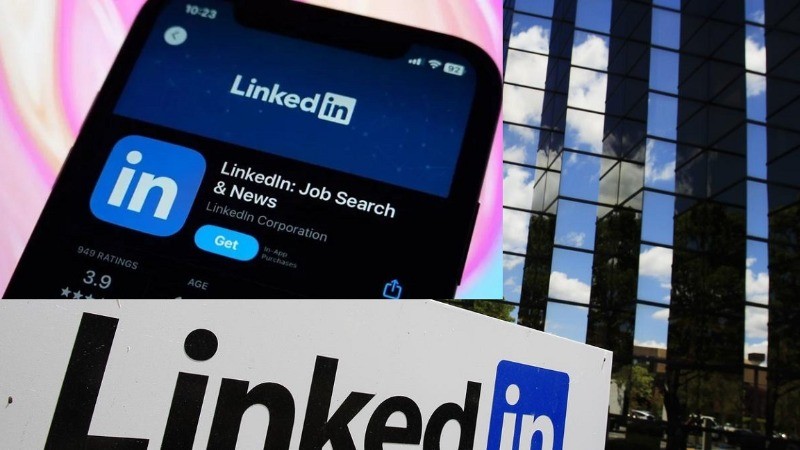
LinkedIn has reportedly requested an exemption from Australia’s proposed ban on social media platforms for children under 16, arguing that its platform does not appeal to minors. In a submission to the Australian Senate, the Microsoft-owned company stated that its content is too "dull" for young users, making it unsuitable for inclusion in the law aimed at protecting children from harmful online content.
The Australian government is planning to introduce a new law to limit children's access to social media, which it claims will be a world-first move to safeguard youth from online dangers. Prime Minister Anthony Albanese emphasized that the law aims to protect children and reassure concerned parents about their kids’ safety online.
While LinkedIn believes it should be exempt, major tech companies, including Meta, Google, Snap Inc., and TikTok, have opposed aspects of the proposed legislation. These companies argue that the law, which amends the Online Safety Act, may not effectively address online safety and could create complications in managing content for young users.
The bill is closely watched by other countries, with the UK expressing interest in similar measures. Experts, however, have raised concerns about the legislation’s rushed timeline, arguing that it fails to provide sufficient opportunity for review and consultation.
While LinkedIn contends that its platform is irrelevant to children—citing its minimum age requirement of 16—the platform also explained that it removes child accounts when detected. LinkedIn argues that subjecting the platform to additional age verification requirements would create unnecessary costs and barriers for its users in Australia.
As lawmakers prepare to move forward with the legislation, the Senate Environment and Communications Legislation Committee has called for further input on how to implement the law effectively. Despite some tech companies’ objections, the Australian government is determined to pass the bill by the end of the parliamentary year.
In other parts of the world, similar proposals are being discussed, with countries like France already implementing age restrictions on social media use. However, research shows that users can easily bypass these age limits with the use of VPNs.